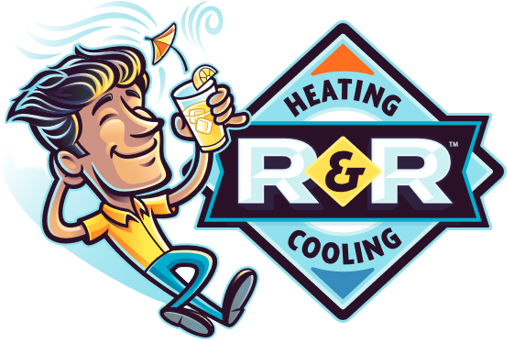Furnaces use the controlled combustion of a fuel source to produce heat. Thus, rooms, buildings, or other structures are heated using thermal energy. Different furnaces could be used in commercial and industrial contexts to treat materials.
Types of furnaces for heating buildings and homes
Gas-fired
About 57% of households have gas-fired furnaces, making gas the most widely utilised heating fuel. While purchasing and installing a municipal gas connection may increase the price of a gas furnace, it is still more expensive than an oil furnace.
Among non-renewable energy sources, gas has the cleanest combustion. Install carbon monoxide detectors as gas furnaces risk carbon monoxide leakage. Gas furnaces have a lifespan of up to 25 years and require less repairs in the long run than oil furnaces. For quality furnace service in Grand Rapids, contact R&R Mechanical Services.
Oil fired
Oil furnaces typically cost less than gas furnaces throughout their 30-year lifespan, but oil (which is sometimes imported) is more expensive, and its price might fluctuate. An on-site storage tank is required for oil furnaces.
To maintain efficiency, oil-fired furnaces require periodic cleaning of soot and carbon deposits that accumulate on the heat exchanger surfaces. You can get it installed by getting in touch with one of our experts performing heating and cooling in Grand Rapids.
Wood burning
Locations where firewood is readily available and reasonably priced, wood-burning furnaces are an effective choice for heating houses. In a firebox, wood is burnt, and the heat is distributed through ductwork like oil and gas furnaces.
Wood-burning furnaces are inconvenient if you want the house to remain warm while you are gone for a long time since you have to add fuel manually and tend to the fire.
Duel fuel
In dual-fuel furnaces, the cold weather is provided by a gas furnace and the warm weather by a heat pump. As explained, heat pumps transfer heat from the outside to your house. An air handler within the heat pump heats the air as it passes over a coil of hot refrigerant, and a fan subsequently distributes the warmed air throughout the house.
Electric
Electric furnaces offer certain advantages despite having a greater operating cost than alternatives like gas and oil furnaces. All around the United States, particularly where it is more challenging to find gas or oil or organise supply, electricity is often accessible. Electric furnaces may be a source of renewable energy when connected to solar panels.
Waste oil
Recycling oil that would otherwise need to be disposed of is frequently marketed as a green or ecologically friendly alternative. Talk to one of our professionals for furnace replacement in Grand Rapids for more information about this.
Unfortunately, waste oil may contain lubricants, detergents, and other contaminants that, when heated, might release lead, PCBs, and chromium into the air.
The EPA controls which fuels are acceptable for burning, and some regions demand that users get permits and keep an eye on chimney emissions. Waste oil furnaces have a lifespan of 20 to 25 years and operate more effectively when they are routinely cleaned.
At R&R Mechanical Services, our skilled team can work with many brands and models of HVAC units. Call or mail us, and you will receive the best advice and support.














